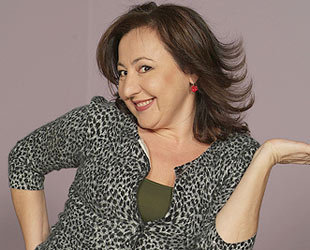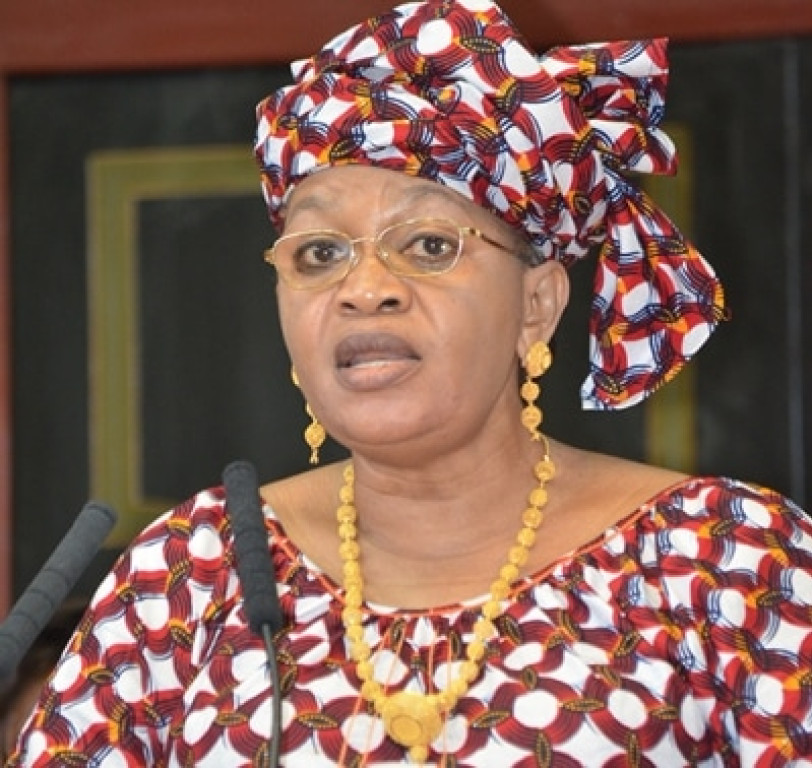
Soon after, she started hosting a weekly comedy show at the Hollywood Studio Bar and Grill. She began showing up for open mic nights at the Westwood Brewing Company in Los Angeles. “I realized it was too early for me and I needed to focus on the craft.”

“Five minutes when you’re bombing, feels like three hours,” Ms. She then booked another five-minute set, this time on “Comic View: One Mic Stand,” a BET show hosted by Kevin Hart. “I did well for the first few minutes, but then I got cocky.” Back in Los Angeles, she managed to get a three-minute “First Impressions” spot on a “Chocolate Sundaes” show at the Laugh Factory. She was hooked on that feeling, but it would be a long time before she’d be able recapture it.

The audience roared throughout her five-minute set. It was her first time onstage, and she was a hit. In fact, she even had cameras rolling when she met her father, capturing parts of their reunion to weave into the hourlong video. In the show, she uses material that touches on her upbringing and her hardships. Earlier this year, she filmed a one-hour comedy special, which premieres on HBO Max on Nov. Rodriguez, from the greenroom before her set at the Moontower Comedy Festival on Sept. “It’s hard to see things that are a part of you that you don’t remember that well,” said Ms. She now uses comedy to process the parts of her life over which she didn’t have any control. It wasn’t until this year, when she met her father for the first time since then, that she reconnected with Dominican culture. She grew up with her Puerto Rican side of the family, thinking she was only Puerto Rican. When she was 3 years old, her mother left her father and moved them to Miami from Santo Domingo, the Dominican capital. Rodriguez wants to bring a Caribbean perspective to the forefront. In a country where a handful of famous Latino comics come mostly from the Southwest, Ms.

The range of Latino identities in America often falls under the broad category of “Hispanic,” a box to check on a census chart that blurs the richness of the many cultures it encompasses. “They broke it to me like it was bad news.” By October, the network had delivered food packs to 500 individuals in 193 suburbs across Adelaide.AUSTIN, Texas - “I didn’t know I was half Dominican until I got older,” the comedian Aida Rodriguez said from the stage at the Stateside Theater. “Many had lost their jobs because of COVID-19 and had no source of income and they were away from their family, they needed money for basics like groceries,” Garcia said.īy April 1, Garcia was making food deliveries to all those who had reached out for help – while still healing from her surgery – crossing the city many times over, funding the petrol herself and parcelling up food from her own pantry and that of her family and friends.Īs the need continued, Garcia orchestrated a more planned approach to deliveries, along with volunteers from the Filipino Network of South Australia. She returned home after undergoing day surgery on March 30 and her email inbox was inundated with urgent requests for help from the city’s international students, in particular from the Filipino community she has led for years. Retired lawyer and migration agent Aida Garcia will never forget the day COVID-19 really hit in Adelaide.


 0 kommentar(er)
0 kommentar(er)
